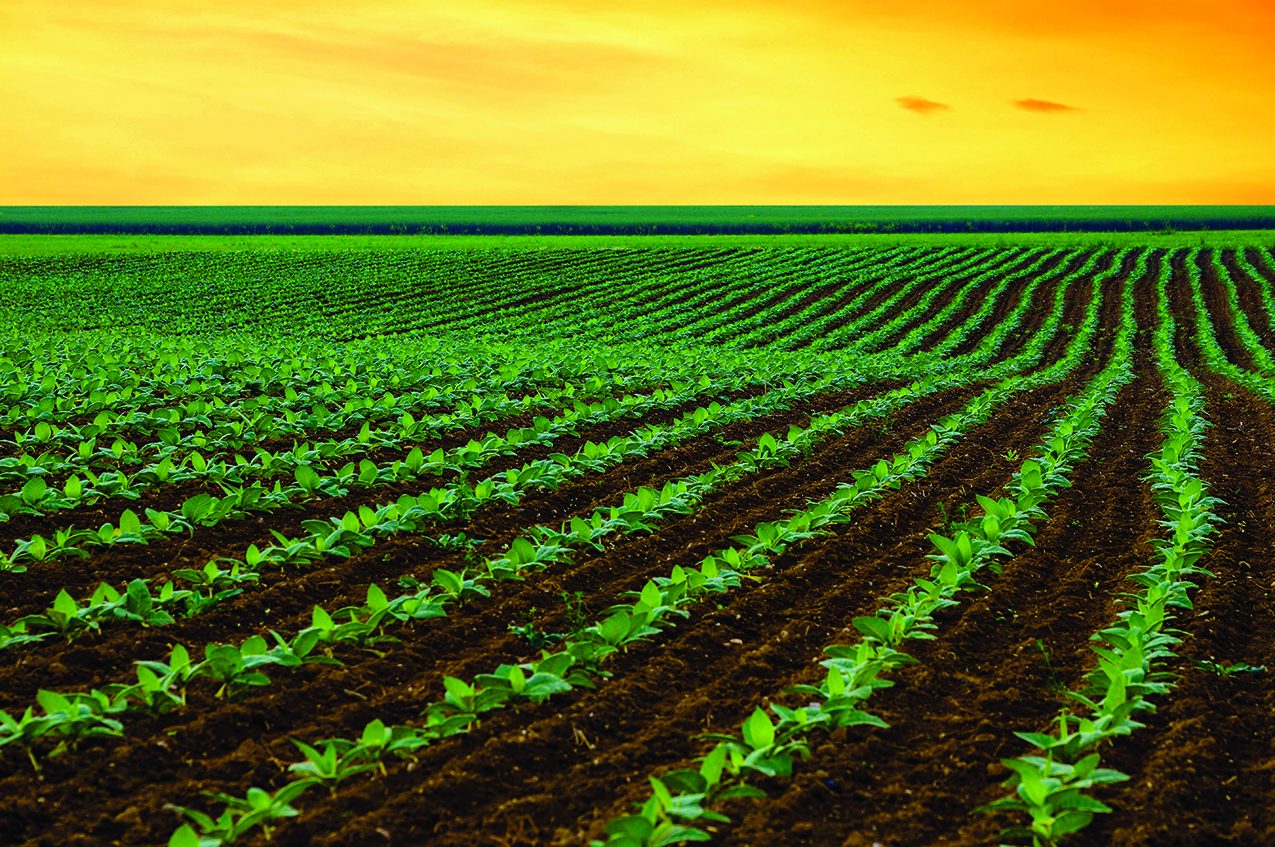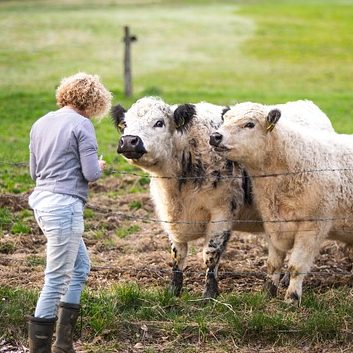Though it’s easy to look at the tech industry and think this increasingly influential sector is what makes the world go round, something closer to the very core of the Earth may be what’s driving your economy.
The agricultural sector plays a strategic role in a nation’s economic development and prosperity. From the earliest days, agriculture has been heralded as playing a crucial role in North American culture. Farmers who grow produce and raise livestock for meats and other products have long exemplified what it means to work hard and take initiatives to be self-sufficient.

The symbiotic nature of agriculture and the economy is noticeable when examining the ups and downs of each. This is because food production and the potential of agriculture extends beyond the fields and local food stands. These resources impact supply chains and other markets. A strong agriculture base influences other employment sectors like food manufacturing, biotechnology, hospitality, machinery building, and much more, while a weak agriculture can adversely affect those sectors.
While it can be difficult for residents of developed nations to visualize agriculture’s effect, one only needs to turn to impoverished and developing nations to see just how big an impact agriculture can have on an economy. Agriculture provides food and raw materials, eventually creating demand for goods produced in non-agricultural sectors. Also, food provides nutrition that can serve as the foundation of a healthy nation. Earning a living in agriculture strengthens purchasing power, which fuels other markets. Eventually, farming can pave the way for development, including roads, markets, shipping services, exporting, and many other sectors.
Agriculture is an important economic building block. An especially important sector, the agricultural industry, when supported, can contribute greatly to sustained economic growth.






